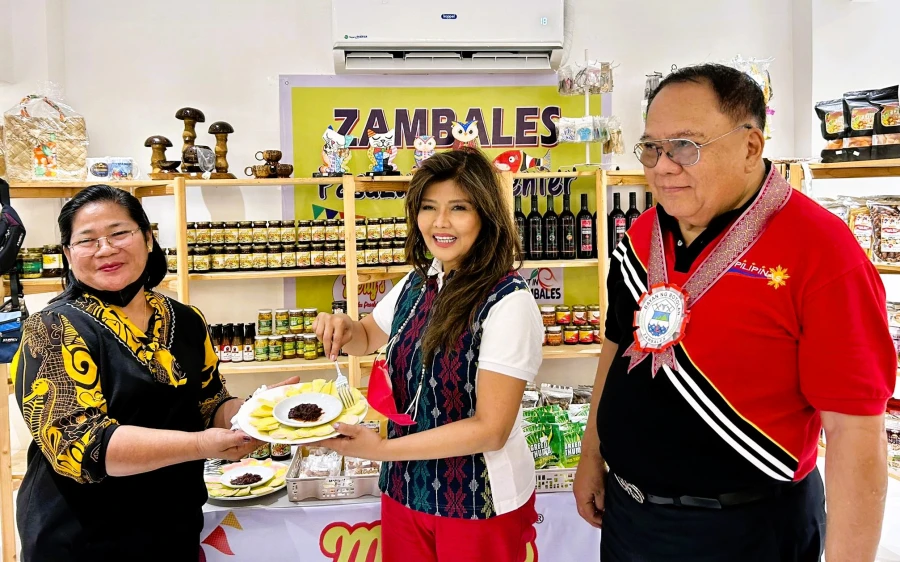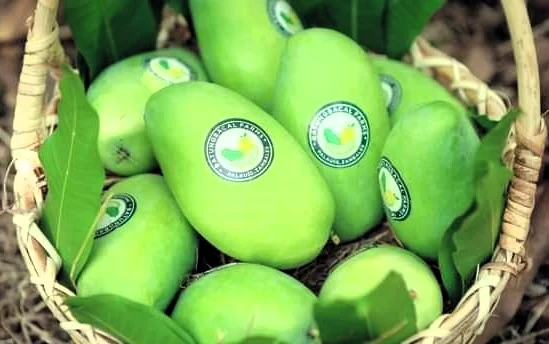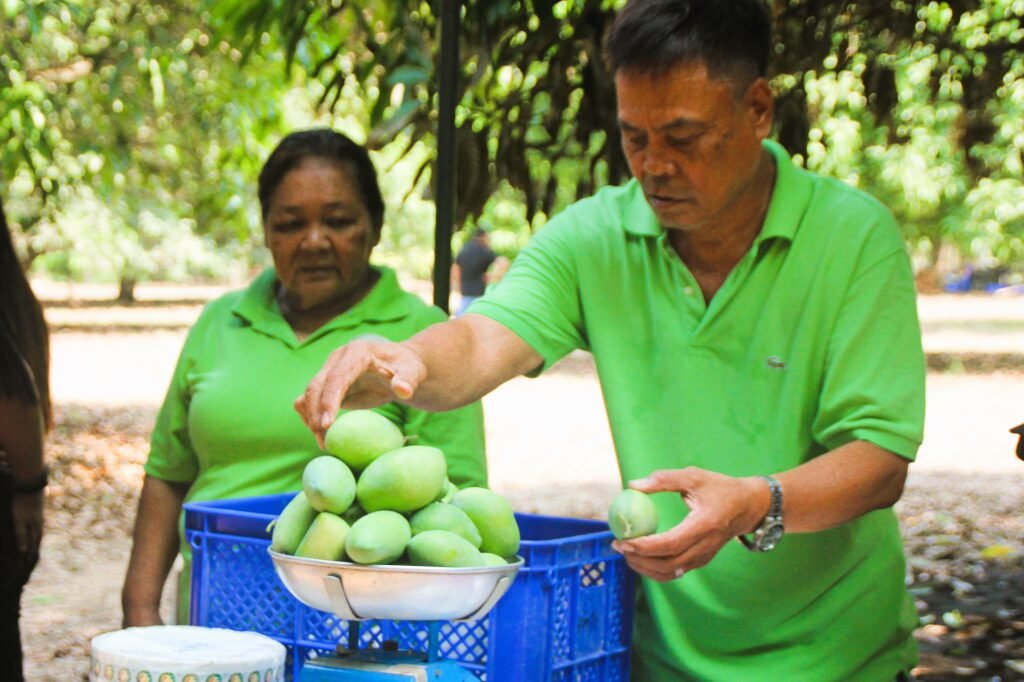The provincial government of Zambales has launched a four-year initiative to revitalize its mango industry, focusing on the carabao mango variety, locally known as “Dinamulag,” which is renowned as the sweetest in the world.
Governor Hermogenes Ebdane Jr. announced that the province has allocated nearly ₱50 million for the Zambales Mango Green Valley Project. The program aims to expand mango production areas, improve yields per hectare, and enhance the mango value chain to sustain and modernize the industry.



“This is the first comprehensive effort to modernize and revitalize what has always been Zambales’s pride, the Dinamulag mango,” said Ebdane. The project will incorporate integrated crop management, technological advancements, environmental sustainability, and marketing support to boost the competitiveness of local mango growers and traders.
An initial funding of ₱6.46 million has been provided to the Samahang Magmamangga ng Zambales (SMZ) to establish modern mango production areas. Pilot farms include the 31.6-hectare Batungbacal Farm in Palauig and the Sitio Buen farm in Botolan. A third site, the 24-hectare privately funded Alma’s Farm in Iba, will also join the project.
“These farms will demonstrate advanced mango production methods for adoption by local growers,” Ebdane explained.
The project will unfold in three phases: establishing modern production areas, rehabilitating existing mango trees, and creating nurseries for consistent seedling supply.
Phase 1, which starts this year, includes land clearing, flower induction, chemical application, irrigation, fruit bagging, and security measures, all geared toward improving mango cultivation practices.
Phase 2, set to begin in 2025, will focus on rehabilitating 20,800 mango trees across the province. This effort, with a budget of ₱40 million, is expected to increase yield per tree by 50–60 percent, from the current 42 kilos.
Phase 3 involves the establishment of mango nurseries to ensure a steady supply of high-quality seedlings, support farm expansion, and strengthen the province’s mango value chain.
According to Arnel Abayan, supervising agriculturist at the Provincial Agriculture Office, the project will promote the cultivation of the “Sweet Elena” strain of the carabao mango, which hails from Santa Cruz, Zambales, and was recognized by the Guinness Book of Records in 1995 as the world’s sweetest mango.
Abayan noted that the province currently produces 17,975.31 metric tons of mangoes annually, with an average yield of just 2.378 tons per hectare, far below the national average of 12 tons per hectare. The project seeks to close this gap and increase production to meet growing demand.
Gov. Ebdane emphasized that past challenges, including pests, adverse weather, outdated production methods, and poor management, have led to a decline in the industry. “This time, we will turn things around for the industry and for our growers and traders,” he said.














